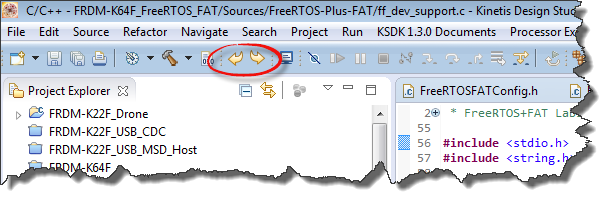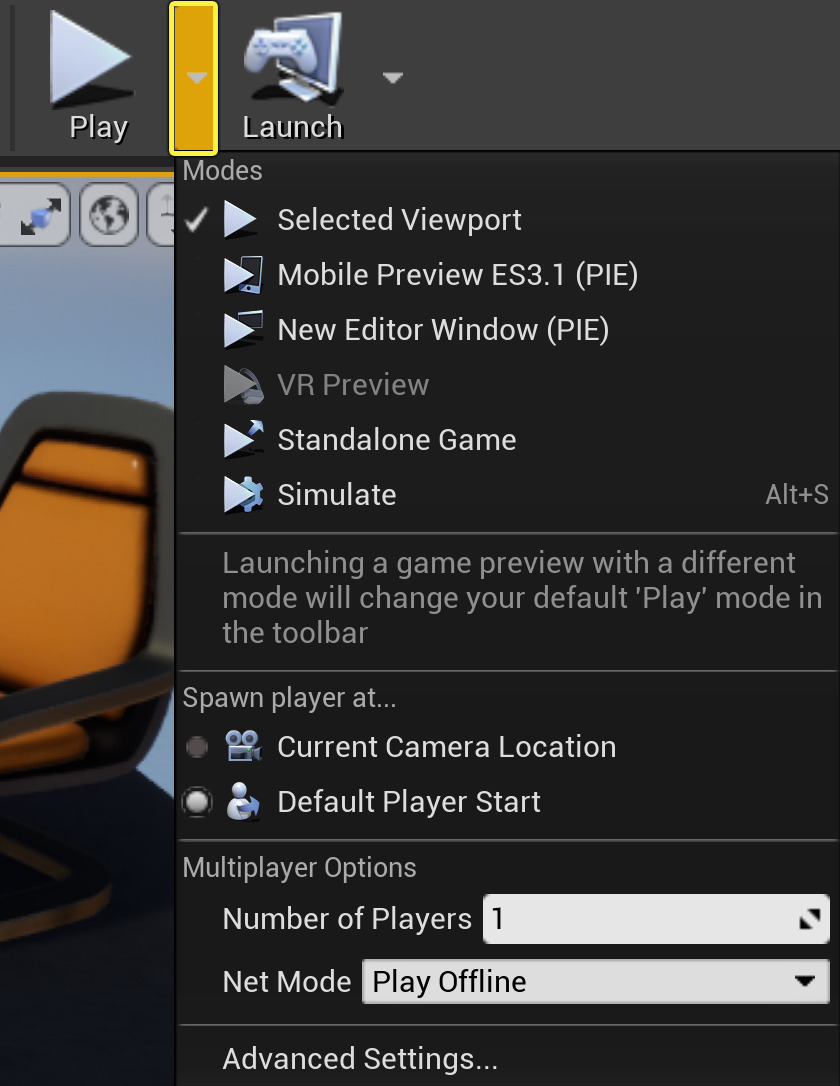
:max_bytes(150000):strip_icc()/001-customize-safari-toolbar-bookmark-tab-and-status-bars-2259991-206960a06a7340d88968754375325991.jpg)
You can Tab through the filenames/line numbers pressing Enter/ Return will open up the relevant file at that point in the Style Editor. You can Tab through the styles to select them, and you can find more information about each property - pressing F1 on a selected property will open up its MDN reference page.Ĭlicking the arrow next to the property name (or pressing Enter or Space while it is selected) shows the rule that set this value, along with a link to the source filename and line number:īy default, this view only shows values that have been explicitly set by the page: to see all values, click the "Browser styles" box. (This calculated value is exactly the same as what getComputedStyle would return.) To see the complete computed CSS for the selected element, select the Computed panel in the righthand pane. This panel shows the calculated value that each CSS property has for the selected element. User-agent styles are displayed against a different background, and the link to the filename and line number contains the prefix (user agent): (Note that this setting is independent of the "Browser styles" checkbox in the Computed view.) To view user-agent styles ( i.e., browser-default CSS rules), enable "Inspector > Show Browser Styles" under the developer tool settings panel. See Examine grid layouts for more on this.


Click that icon to display the grid overlaid on the page, including grid lines and tracks. If the element has a display: grid declaration, then it gets a grid icon next to it, like this. Filename and line number: on the right-hand side is a link to the rule.Enable/disable: if you hover over a declaration, a checkbox appears next to it: you can use this to toggle the declaration on or off.Filter rules containing this property: next to overridden declarations is an icon you can click to filter the rules list to show only those rules that include that property.



 0 kommentar(er)
0 kommentar(er)
